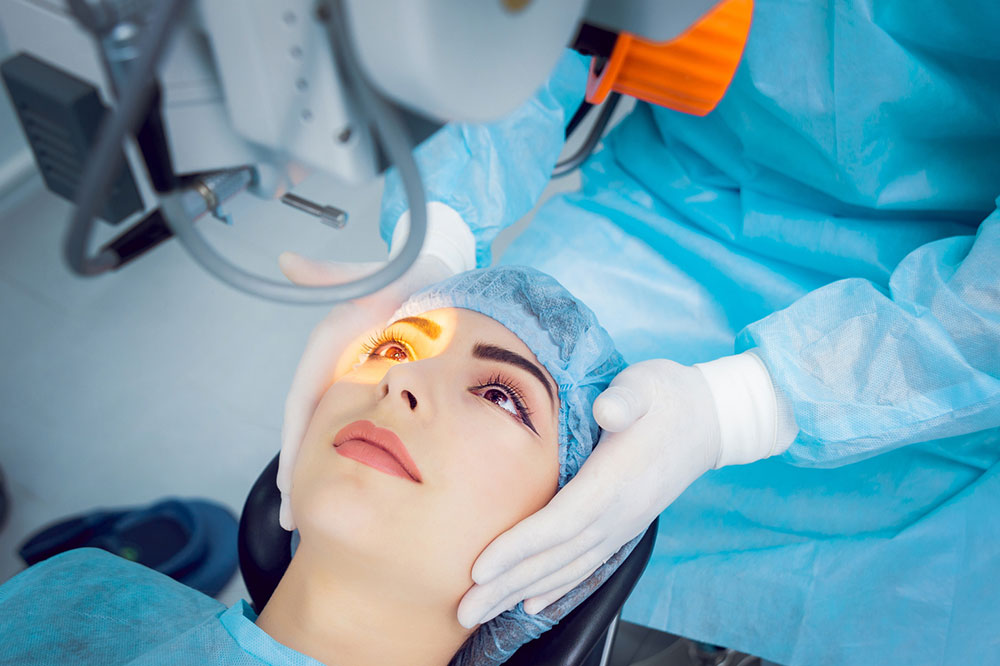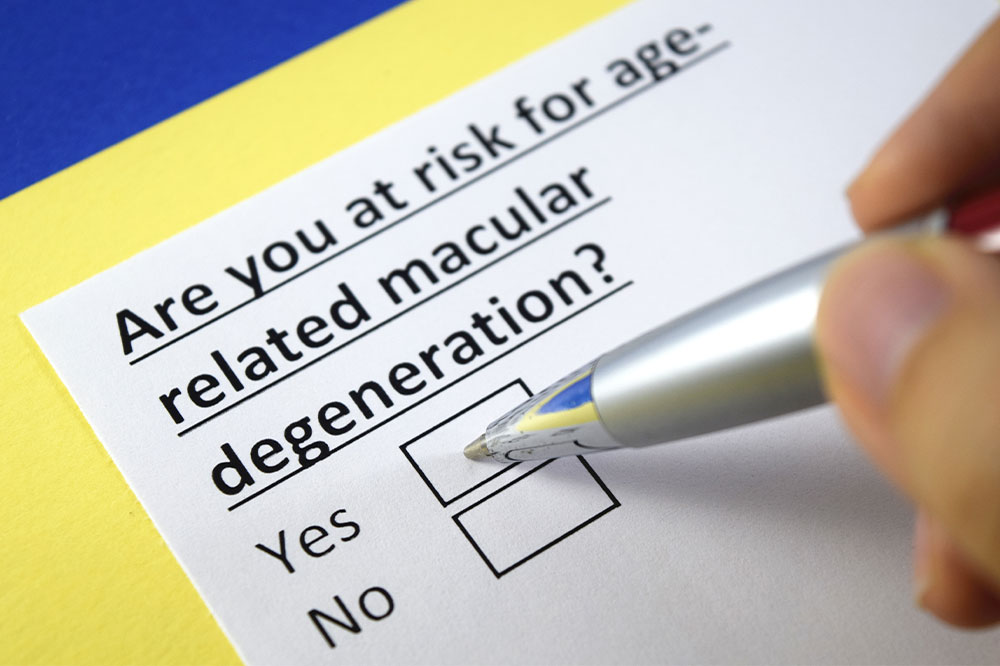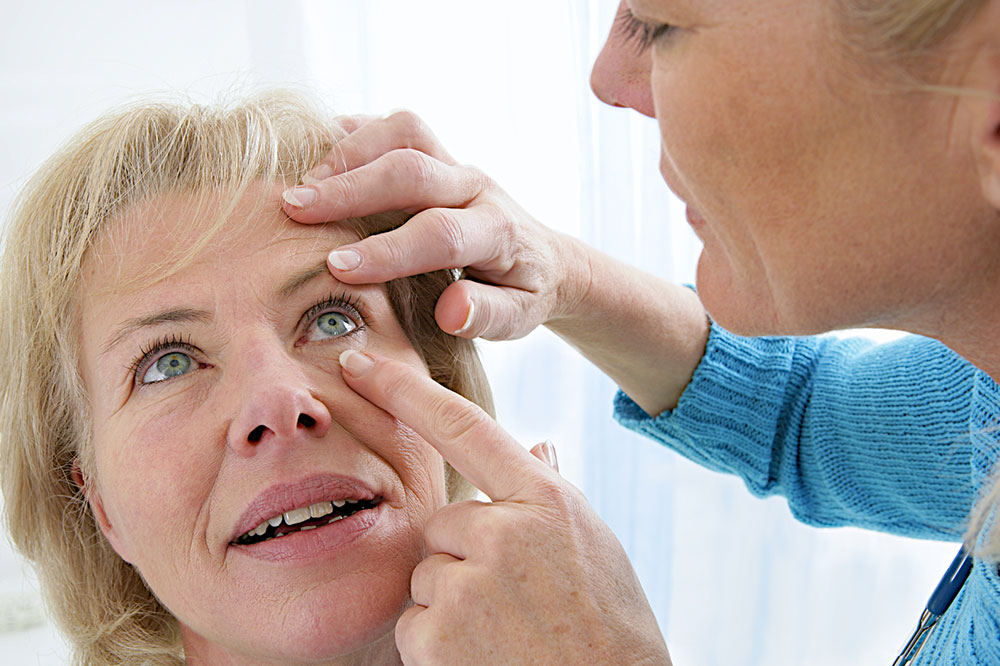Comprehensive Guide to Managing Macular Degeneration: Nutrition and Medical Strategies
This comprehensive guide explores macular degeneration's types, dietary strategies, and medical treatments. Emphasizing early detection and a nutrient-rich diet including leafy greens, fruits, and omega-3s, it offers practical advice alongside medical options like laser therapy and injections. Staying informed and proactive can help manage and slow disease progression, preserving vision and quality of life for those at risk or affected.

Comprehensive Guide to Managing Macular Degeneration: Nutrition and Medical Strategies
Macular degeneration remains one of the leading causes of vision impairment among older adults worldwide. This degenerative condition affects the central part of the retina, known as the macula, which is crucial for sharp, detailed vision. As the disease progresses, it can severely impair activities such as reading, recognizing faces, and driving. Understanding the nuances of macular degeneration, including its types, risk factors, and the latest management strategies, is essential for early intervention and effective care.
Understanding the Types of Macular Degeneration
Dry Macular Degeneration is characterized by the gradual thinning of the macula, accompanied by the accumulation of drusen—tiny yellow deposits beneath the retina. This form is more common, accounting for approximately 85-90% of cases. It progresses slowly and can sometimes be managed effectively through lifestyle changes and nutritional support.
Wet Macular Degeneration, on the other hand, involves abnormal blood vessel growth beneath the retina. These vessels tend to leak fluid or blood, causing rapid and severe vision loss if untreated. The urgency in managing wet AMD is higher, as it can lead to sudden visual decline. Medical interventions are more aggressively deployed in this case to prevent irreversible damage.
Understanding these types is crucial for early detection and choosing appropriate treatment options.
Nutrition and Dietary Strategies for Macular Degeneration Management
Nutrition plays a pivotal role in either slowing the progression of macular degeneration or supporting overall eye health. A well-rounded diet rich in specific nutrients can bolster retinal function and vascular integrity, reducing the risk of severe vision loss.
Incorporation of Dark Leafy Greens and Bright Vegetables
Foods such as spinach, kale, collard greens, and Swiss chard are abundant in lutein and zeaxanthin, carotenoids that accumulate in the macula and filter harmful blue light. These nutrients serve a protective function and have been linked to a lower risk of AMD progression.
Colorful vegetables like carrots, sweet potatoes, bell peppers, and red peppers contribute additional antioxidant compounds. Carrots are rich in beta-carotene, which is vital for eye health, while bell peppers provide high levels of vitamin C.
Fruits Rich in Vitamin C
Fruits such as oranges, strawberries, kiwis, pineapples, and berries are excellent sources of vitamin C. This vitamin supports collagen synthesis, which maintains the structural strength of blood vessels in the retina. Regular consumption can mitigate oxidative stress and reduce the risk of advanced AMD.
Omega-3 Fatty Acids for Visual Wellness
Essential fatty acids like EPA and DHA, predominantly found in fatty fish including salmon, mackerel, sardines, and anchovies, have anti-inflammatory properties and promote healthy blood flow to the eye tissues. Nuts, seeds (like flaxseeds and chia seeds), and extra-virgin olive oil are also rich in omega-3s, supporting retinal cell health and vascular function.
Foods to Limit or Avoid for Better Eye Health
Maintaining an optimal diet involves avoiding certain foods that can exacerbate vascular damage and inflammation.
Processed and canned foods: These often contain excessive amounts of sodium, unhealthy fats, and preservatives that can impair blood circulation to the eyes.
Sugar-laden beverages: Sodas, sweetened juices, and energy drinks lead to glucose spikes, contributing to systemic inflammation and potentially accelerating macular degeneration progression.
Refined carbohydrates and trans fats: These cause blood vessel damage and increase oxidative stress, worsening retinal health.
Medical Interventions and Treatments for Macular Degeneration
Alongside dietary modifications, medical treatments have evolved significantly to effectively combat current forms of AMD. The primary goal is to halt or slow the progression of the disease and preserve as much vision as possible.
Laser Therapy
Laser photocoagulation is frequently employed to treat wet AMD by sealing leaking blood vessels, thus preventing further damage. The technique uses precise laser energy to destroy abnormal vessels or seal leaks, reducing fluid accumulation in the retina.
Intraocular Injections
Anti-vascular endothelial growth factor (anti-VEGF) injections are the cornerstone of wet AMD treatment. Administered directly into the vitreous humor of the eye, these injections inhibit abnormal blood vessel formation, minimize leakage, and can stabilize or improve vision when used appropriately.
Common anti-VEGF agents include ranibizumab, aflibercept, and bevacizumab. Regular injections are often necessary and tailored to individual response; ongoing research aims to reduce treatment frequency and improve outcomes.
Emerging Gene Therapy and Future Treatments
Recent advances in gene therapy are promising for AMD management, particularly for reducing the frequency of injections. These therapies involve delivering genetic material into the eye to produce therapeutic proteins internally, potentially treating or even curing certain aspects of the disease with fewer interventions.
Stem cell therapy and novel pharmacological agents are also under investigation, offering hope for regenerative approaches to restore damaged retinal tissue.
Importance of Early Detection and Regular Eye Examinations
Early detection of macular degeneration dramatically improves the prognosis. Regular comprehensive eye exams, especially for individuals over 50 or those with risk factors such as smoking, family history, and cardiovascular issues, are vital. Specialists can detect early signs and recommend lifestyle changes or treatments promptly.
Patient education about recognizing symptoms like blurred vision, dark spots, or visual distortions can also lead to earlier interventions and better management outcomes.
Summary and Final Remarks
Managing macular degeneration involves a multi-faceted approach combining targeted nutrition, lifestyle adjustments, and cutting-edge medical treatments. A diet rich in leafy greens, colorful vegetables, omega-3s, and vitamin C supports retinal health, while avoiding processed foods and sugar can prevent further vascular damage. Medical therapies such as laser treatment, intraocular injections, and emerging gene therapies are crucial in halting disease progression, especially in its wet form. Early detection, regular eye care, and patient education are indispensable in preserving vision and maintaining quality of life.
By staying proactive and informed, individuals can significantly influence their eye health and potentially slow the progression of this sight-threatening condition.





